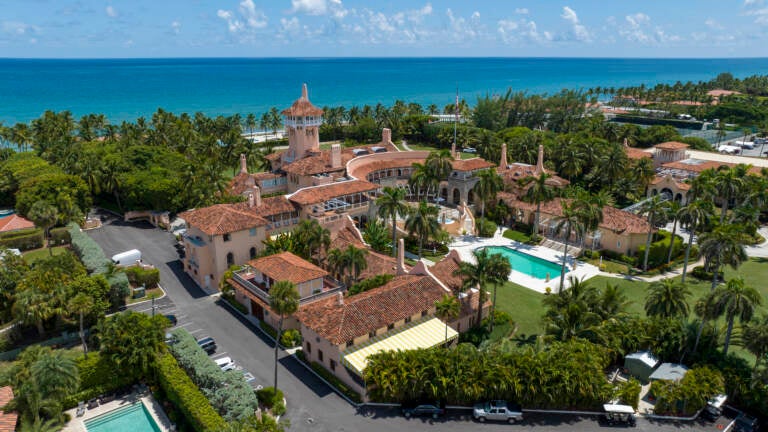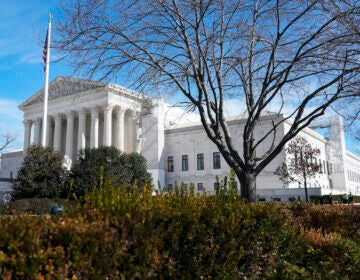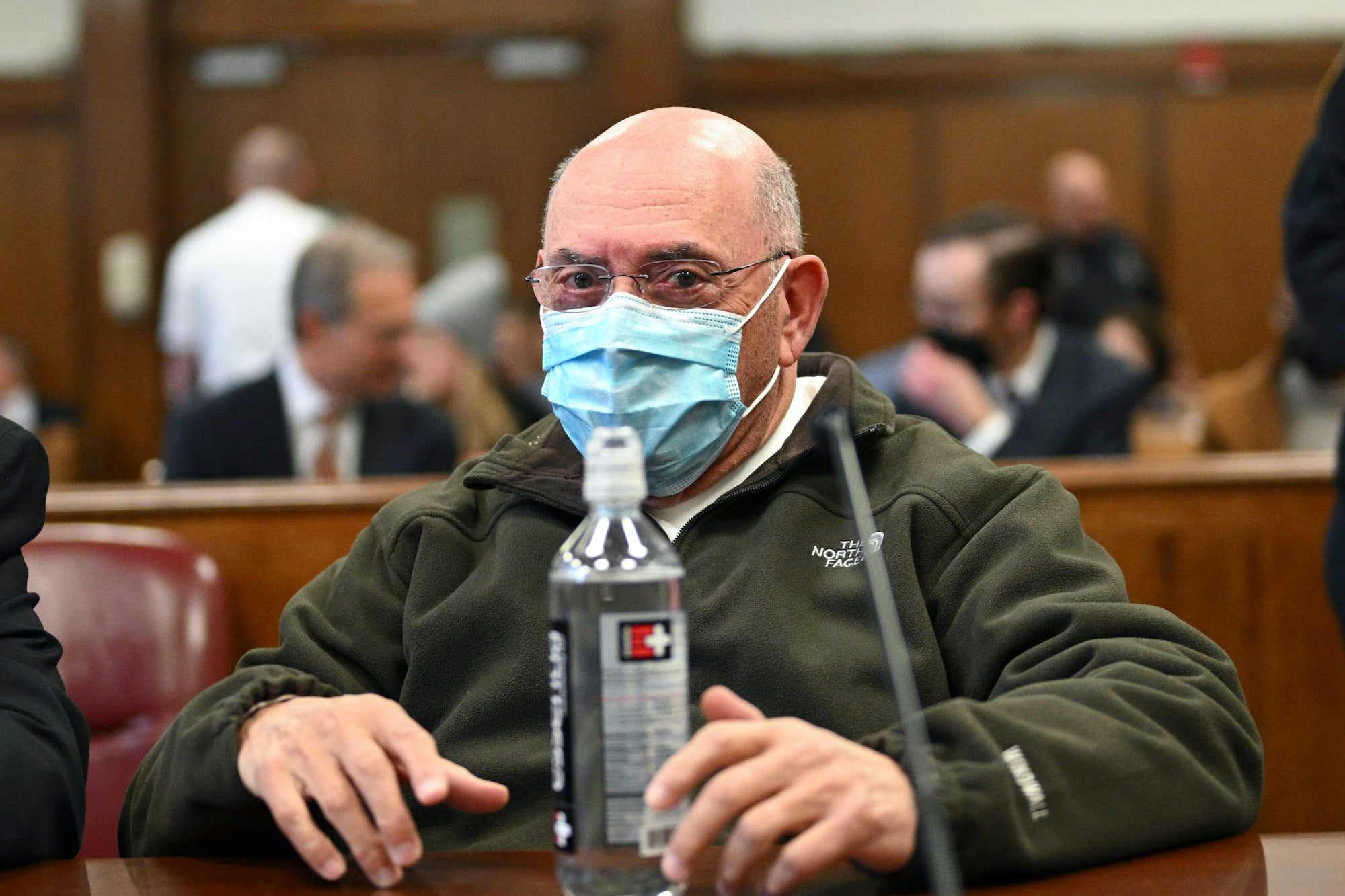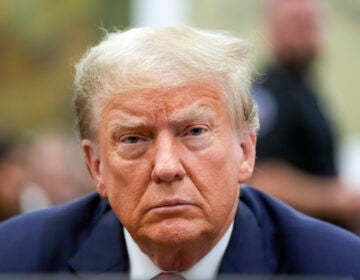Trump asks Supreme Court to intervene in Mar-a-Lago dispute
A three-judge panel last month limited the review to the much larger tranche of non-classified documents.

In documents filed in court Friday, lawyers for former President Trump and the Department of Justice listed their preferred candidates for the role of special master. (Steve Helber/AP)
Lawyers for former President Donald Trump asked the U.S. Supreme Court on Tuesday to step into the legal fight over the classified documents seized during an FBI search of his Florida estate, escalating a dispute over the powers of an independent arbiter appointed to inspect the records.
The Trump team asked the justices to overturn a lower court ruling and permit an independent arbiter, or special master, to review the roughly 100 documents with classified markings that were taken in the Aug. 8 search of Mar-a-Lago.
A three-judge panel from the Atlanta-based U.S. Court of Appeals for the 11th Circuit last month limited the special master’s review to the much larger tranche of non-classified documents. The judges, including two Trump appointees, sided with the Justice Department, which had argued there was no legal basis for the special master to conduct his own review of the classified records.
But Trump’s lawyers said in their application to the Supreme Court that it was essential for the special master to have access to the classified records to “determine whether documents bearing classification markings are in fact classified, and regardless of classification, whether those records are personal records or Presidential records.”
“Since President Trump had absolute authority over classification decisions during his Presidency, the current status of any disputed document cannot possibly be determined solely by reference to the markings on that document,” the application states.
It says that without the special master review, “the unchallenged views of the current Justice Department would supersede the established authority of the Chief Executive.”
The FBI says it seized roughly 11,000 documents, including about 100 with classification markings, during its search. The Trump team asked a judge in Florida, Aileen Cannon, to appoint a special master to do an independent review of the records.
Cannon subsequently assigned a veteran Brooklyn judge, Raymond Dearie, to review the records and segregate those that may be protected by claims of attorney-client privilege and executive privilege. The Justice Department objected to Dearie’s ability to review the classified records, prompting the 11th Circuit to side with the department.
Trump’s lawyers submitted the Supreme Court application to Justice Clarence Thomas, who oversees emergency matters from Florida and several other Southern states. Thomas can act on his own or, as is usually done, refer the emergency appeal to the rest of the court.
WHYY is your source for fact-based, in-depth journalism and information. As a nonprofit organization, we rely on financial support from readers like you. Please give today.





